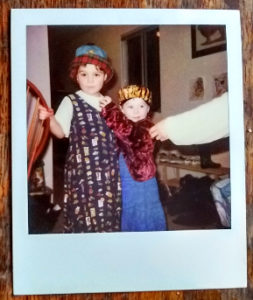“Clearwater education works because students take primary responsibility for their learning and their school. Each day, students make decisions about how to spend their time, how to reach their goals and how to get along with other members of the community.”
If you’ve been a regular reader of my blog, you know I tend to move into, not away from, emotional intensity. That’s why this transitional time of year, when we hear excerpts of graduation speeches or attend them ourselves, matters so much to me. Meaning, emotion, expression: These are my lifeblood.
This week, I get to / have to attend approximately 5 events designed to make the juices — that is, tears — flow. My nephew, G, and his graduating class will be presenting and presented to the community that means so much to me, The Clearwater School. There is a lot of emotion at these events, and I have to remember to bring tissues.
Clearwater grants a diploma “to students who demonstrate that they have prepared themselves to assume adult responsibilities in the greater community.” Though the specific requirements of earning a diploma have shifted this year, my nephew is working every day this week to show in ways direct and indirect how ready he is to assume adult responsibility.
Yesterday G read his diploma paper to the community. His take on demonstrating his readiness to move on was to write about why he ISN’T ready for the adult world. Of course, he was using a rhetorical move, and nothing in his words or actions or emotions was anything other than a perfect demonstration of his readiness.
At Clearwater, students are in charge of their own education, on a deep and radical level. Clearwater students “make decisions about how to spend their time, how to reach their goals and how to get along with other members of the community.” This means that rather than choosing from a list of courses or activities, choice arises organically from whatever is compelling in their life at the time.
And school life bears a remarkable resemblance to so-called “real life.”
What might adult life be like for me, for all of us, if everyone were required to make such an argument in order to move from one phase of life to the next? Could I show that I take primary responsibility for my learning, for my world? Could you?
When you listen to 18-year-olds eloquently present a public disquisition on their readiness or lack of readiness for what comes next, as I have yearly for the past 15 years, you realize how rare it is for a person of any age to justify their place in life. Once the clock ticks and the calendar turns, we are rarely called on to explain our preparation for a driver’s license, or the right to vote and join the military, or the right to drink and bear arms.
If I were to write a paper demonstrating my current readiness for the adult world, I’d be a bit stumped. I’ve been practicing adulthood for more than 30 years, and I think I’m getting better and better at it. I can no longer tell you what I knew then, though I did discover the way the end of a journey could bring people together.
Unlike G, I was completely ready to walk away from my school. Like G, I had no idea what was coming next, only the outlines of desires and a concrete destination or two.
Or as I like to call it, morning.
Composition note: A while back, I wrote a piece about the tears of young men, and how proud I was to be a member of a community where emotional expression was valued and embraced. I started out going down the same path again, but realized I didn’t have anything more to add to that right now. Then I started to think about what I would say if I had to make a presentation today about my readiness to take on adult responsibility or write my diploma essay. I still want to write that piece, but today, apparently, this is what I wanted to write instead.
My mission is to help others get their own statements out into the world. Sound like fun? Then email me at pearl at filthyrichlanguage dot com — and we’ll figure it how we can work together.

